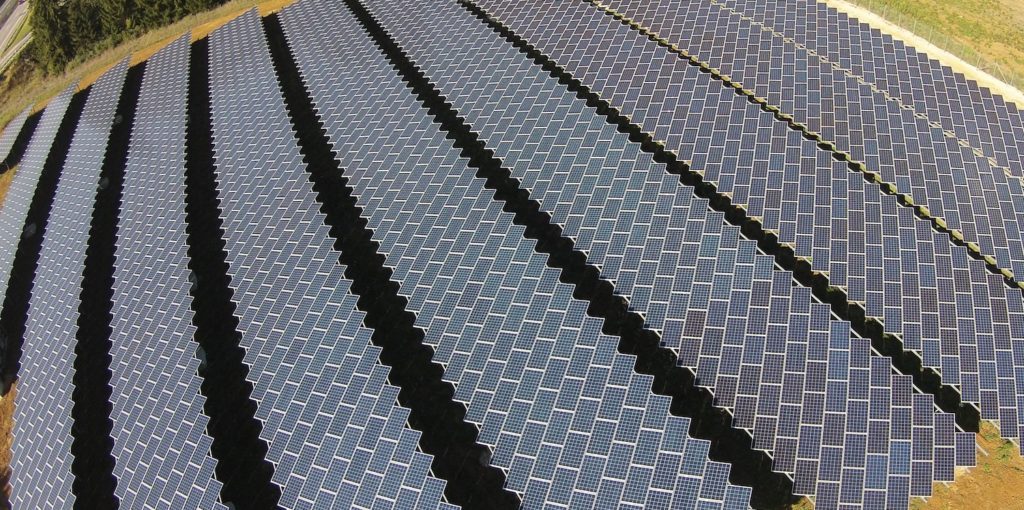Portugal's Directorate General of Energy and Geology recently published its latest renewable energy statistics, including figures for the autonomous regions of the Azores and Madeira.
At the end of October, the country's installed renewables capacity stood at 14.5 GW, with PV accounting for about 1.03 GW of the total. Newly installed solar capacity for the first 10 months was 124 MW, largely represented by unsubsidized, large-scale PV plants that were connected to the Portuguese grid this year.
The country's installed PV base covers around 3% of total national power demand. However, this percentage is expected to grow significantly in the years ahead, as the Portuguese authorities allocated around 2 GW of solar capacity in the country's first two PV auctions.
Another 3.5 GW of solar capacity may also be modified in the months ahead, as grid operator REN has promised to award more approvals to connect large solar plants to its network, provided that developers assume the burden of strengthening the transmission grid.
One example of such a project is the 257 MW installation that Spanish utility Endesa and Portuguese developer Hyperion plan to develop in the municipality of Évora. The Divor plant will be built with 571,111 solar panels and a 10 MW storage system, with two hours of autonomy. It is expected to generate 400,000 MWh of electricity per year.
By the end of 2011, Portugal only had 174 MW of installed PV capacity. That means that over the past decade or so, it has expanded its cumulative PV installations by an average annual growth rate of more than 50%.
This content is protected by copyright and may not be reused. If you want to cooperate with us and would like to reuse some of our content, please contact: editors@pv-magazine.com.




1 comment
By submitting this form you agree to pv magazine using your data for the purposes of publishing your comment.
Your personal data will only be disclosed or otherwise transmitted to third parties for the purposes of spam filtering or if this is necessary for technical maintenance of the website. Any other transfer to third parties will not take place unless this is justified on the basis of applicable data protection regulations or if pv magazine is legally obliged to do so.
You may revoke this consent at any time with effect for the future, in which case your personal data will be deleted immediately. Otherwise, your data will be deleted if pv magazine has processed your request or the purpose of data storage is fulfilled.
Further information on data privacy can be found in our Data Protection Policy.